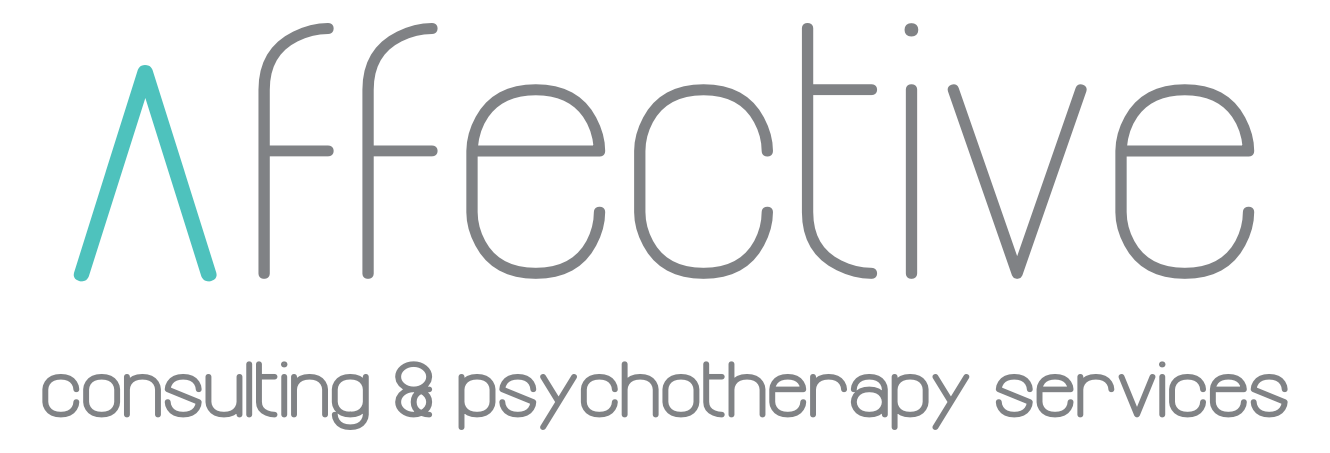interventions - Skills Modules & Learning Outcomes
CBT, Basic Tools - 1
Discuss the premise of cognitive behavioural work and its aims
Demonstrate the use of thought records
Explore common unhelpful thinking styles
Demonstrate the use of systematic problem solving
Reflect on the (in)appropriate use of these tools and how they can be integrated with other models
Practice tools and receive feedback
CBT, Basic Tools - 2
Discuss the challenges of working with low mood and lack of motivation
Demonstrate multiple steps toward effective behavioural activation interventions
Demonstrate the use of behavioural experiments
Practice tools and receive feedback
Harm Reduction in Practice
Process personal values around substances and explore what constitutes "harm."
Review the Stages of Change model
Examine our roles in supporting clients
Discuss fears and barriers experienced in implementing programs and services that are harm reduction-based.
Engage with concrete tools and examples of harm reduction interventions.
Motivational Interviewing, Introductory Concepts
Discuss the context and appropriate use of motivational interviewing and cognitive behavioural therapy techniques.
Review the basic theories of each modality.
Practice concrete tools that can be used with clients who are considering behaviour change, working through ambivalence, interested in behavioural strategies to manage depression, and/or who need support restructuring unhelpful thinking styles.
Practicing & Reflecting on Counselling (or Peer Support) Skills
Examine specific skills in depth: engagement, developing good exploratory questions, asking for clarification, paraphrasing, appropriate use of self-disclosure and silence, and effective reframing
Analyze case scenarios; identify and evaluate exploratory questions
Practice skills in pairs and groups with simulation exercises and follow-up opportunities for discussion
Reflect on the impacts of tone, flow, affect, and the social location of the service user and provider
Exploratory Inquiry for Sexual Health Counsellors
Form exploratory questions that open up conversations with service users
Find ways to encourage service users to "invite us in" to offer education
Examine the meaning of sexual behaviours and individual choices
Reflect on power dynamics in romantic and sexual relationships
Consider provider bias and multiple ways to understand risk-taking behaviours
Draw on motivational interviewing to confront ambivalence
Practice culturally informed inquiry
Putting Anti-Oppression into Sex Therapy Practice
Analyze case scenarios that explore nuances of racialized and queer identities.
Apply "textbook treatment" approaches with additional considerations and questions.
Identify what the therapist is unsure about (or having a strong reaction toward) and consider how this can be used for culturally competent inquiry.
Discuss what power dynamics may look like in the therapy room
Managing Anxiety Around Sexual Health
Discuss the challenge of supporting clients who experience high anxiety around sexual health, whatever their apparent level of risk.
Explore the function of anxiety and the need for tools to contain it
Examine the additional concepts of symbolic interactionism, internalized shame, and introjection
Discuss how anxiety plays out during hookups while communicating about risk and when accessing testing services
Supporting Queer Guys Around Body Image Concerns
Reflect on cultural messages around 'good' bodies, food, fatphobia and thin privilege.
Examine what body image challenges look like in queer men's communities
Explore and discuss counselling/clinical questions and approaches to addressing body image issues with queer men, drawing on cognitive behavioural therapy, acceptance & commitment therapy, Gestalt techniques, and psychodynamic enquiry
Understanding Strong Emotions
Discuss concepts of emotional dysregulation, complex trauma, and expression of big feelings
Explore anger as an element of common client presentations
Examine anger, its underlying drivers and common activators, and then consider the connections between anger style and potential interpersonal goals for more effective communication
Distinguish between self-harm and the spectrum of suicidality using case scenarios
Unpack "cluster B" personality disorders contextualized as a function of trauma histories
Optional: practice and reflect on common suicide risk assessment questions/practices, discuss safety planning tools, and critically reflect on their appropriate uses
Understanding and Supporting People with Psychosis
Review overarching mental health categories and locate common experiences of psychosis within the diagnostic manual of disorders
Define and discuss common symptoms: delusions, hallucinations and/or experiences of non-consensus realities
Analyze case scenarios through a trauma-informed and culturally aware practice lens
Optional: Engage with intervention approaches and tools for supporting clients and considering non-pathologizing approaches to psychosis.
Mental Health Readiness Assessments for Transition-Related Surgeries
Provide a context overview that discusses Ontario Health Insurance Plan (OHIP) coverage and funding criteria for transition-related surgeries
Identify who is considered a "qualified provider" to assess patients for surgery
Offer a balanced critique of our current system and the need to work within it to advocate for our clients and communities
Review the WPATH Standards of Care and Ministry of Health & Long-Term Care requirements for transition-related procedures
Explore what surgery planning visits can look like between clinical social workers and clients
Review concrete examples of questions that providers can ask to support client readiness for surgery
Review templates of support letters with opportunities for questions and consultation
